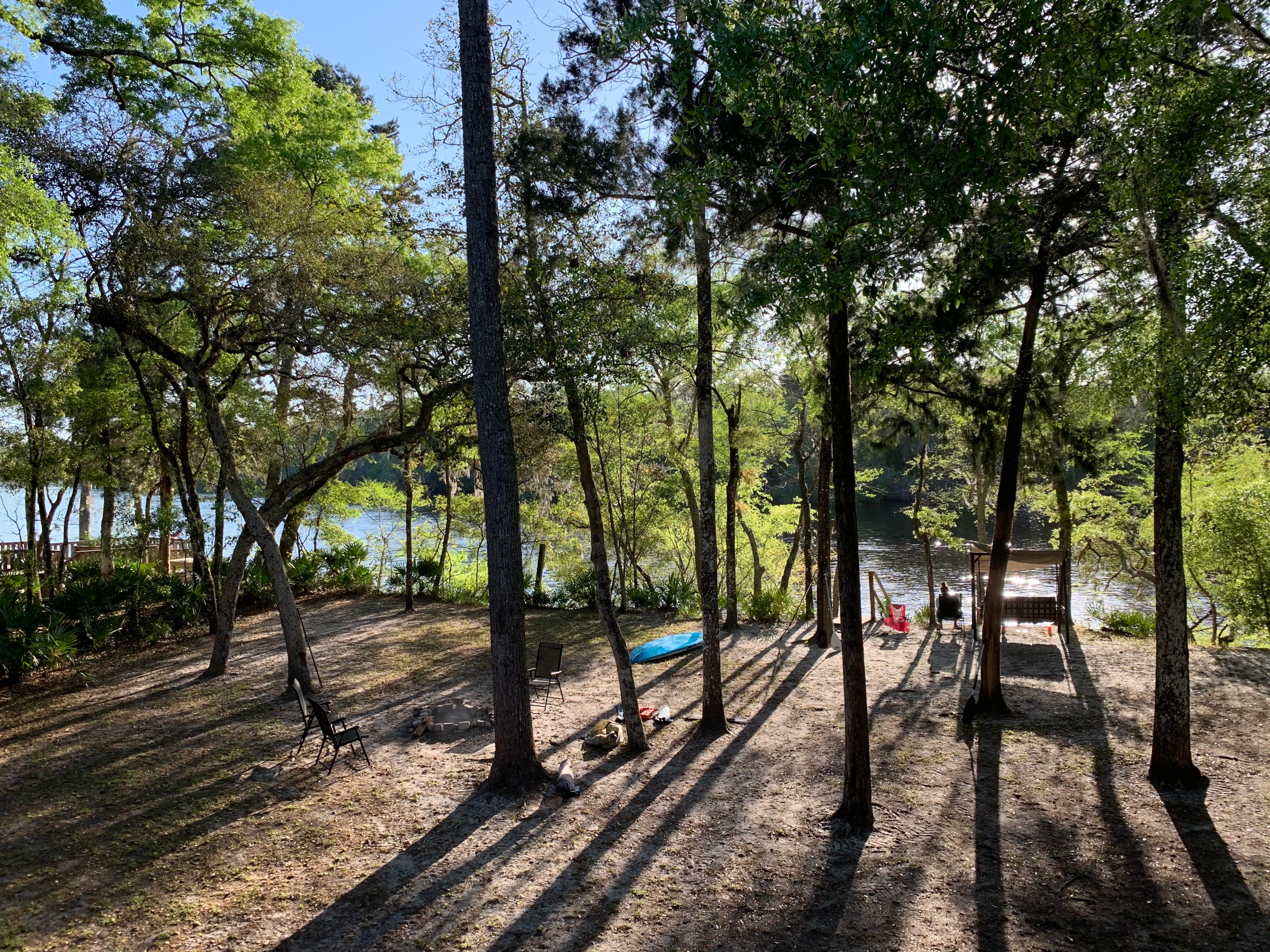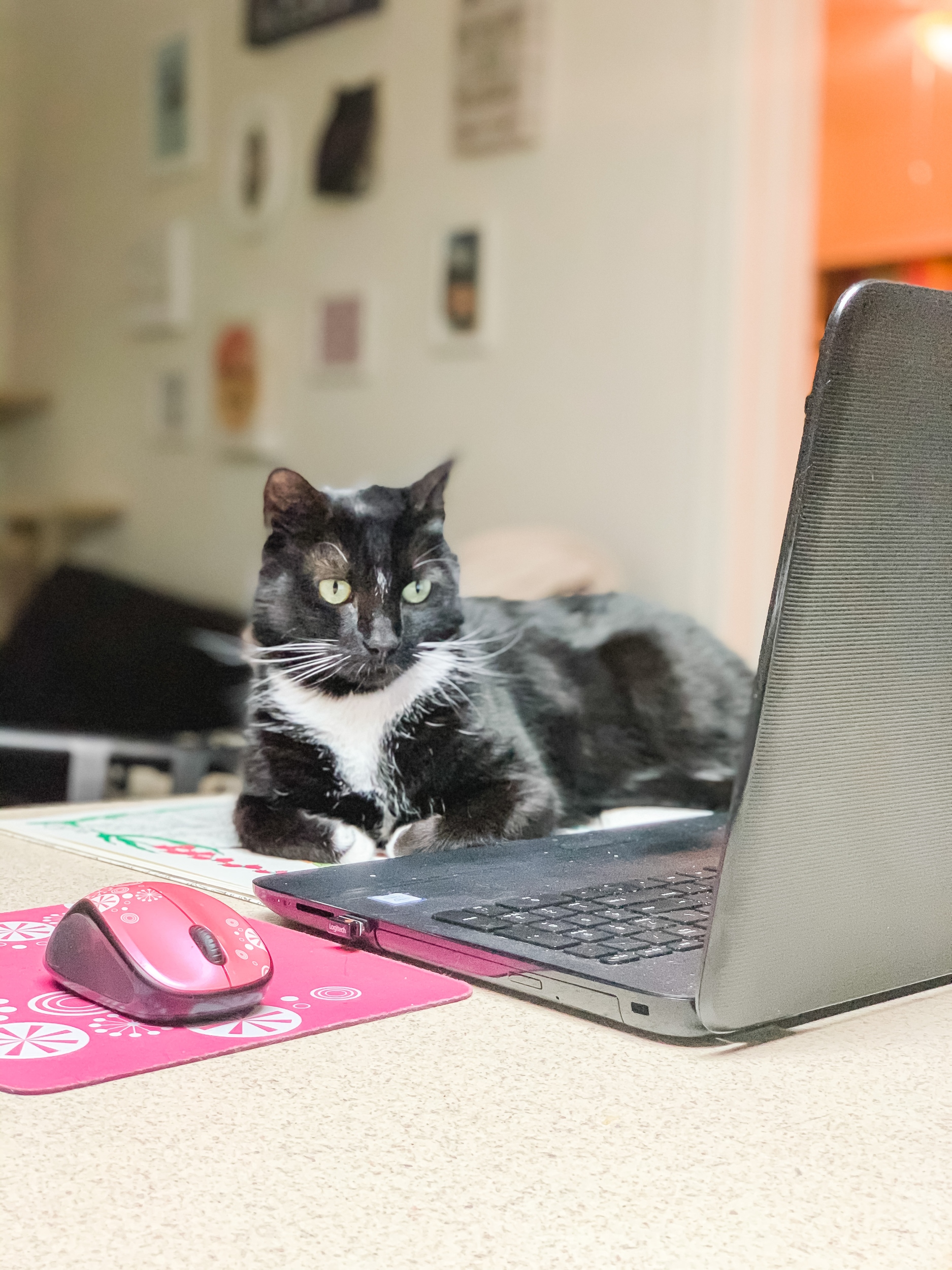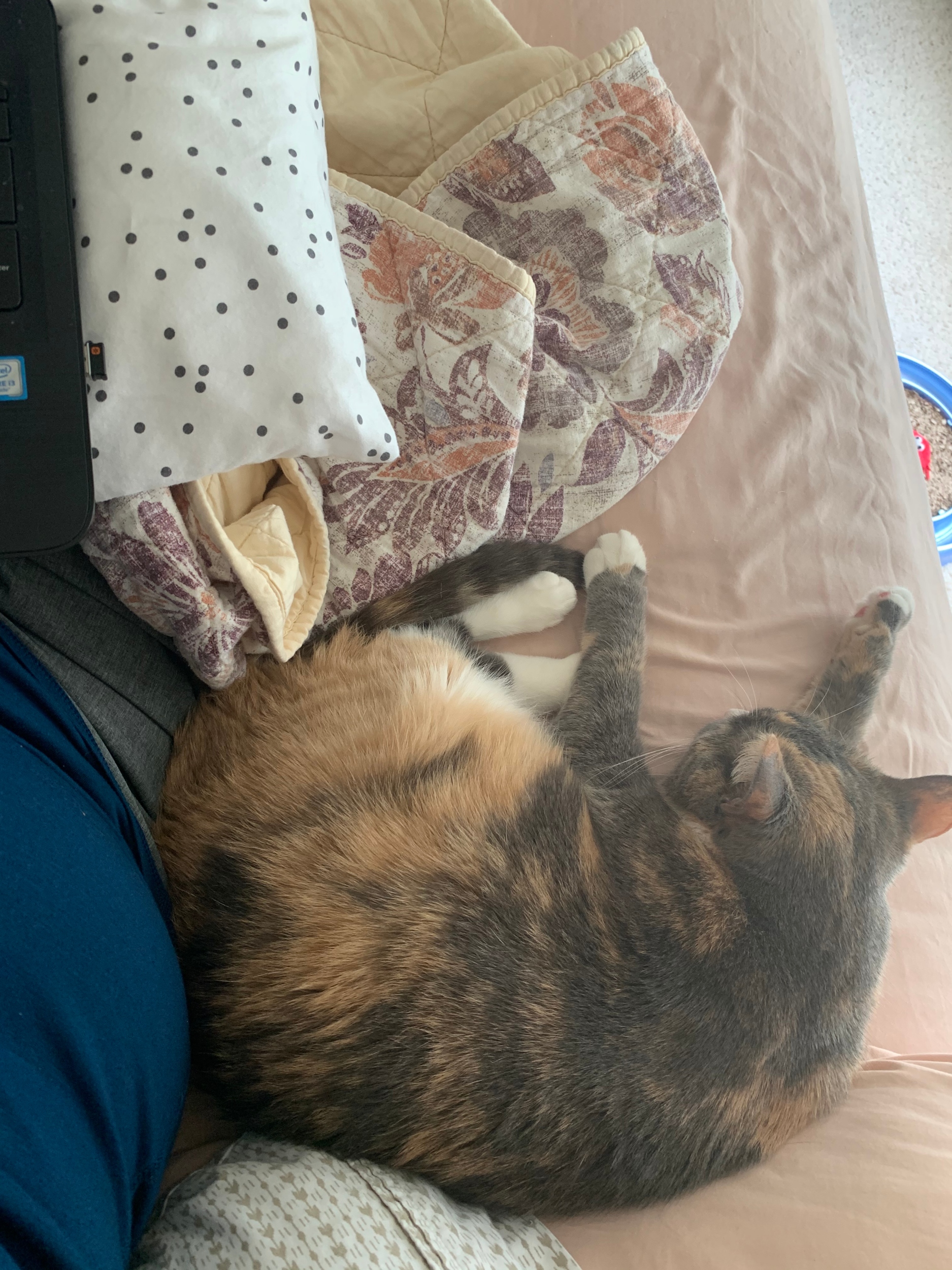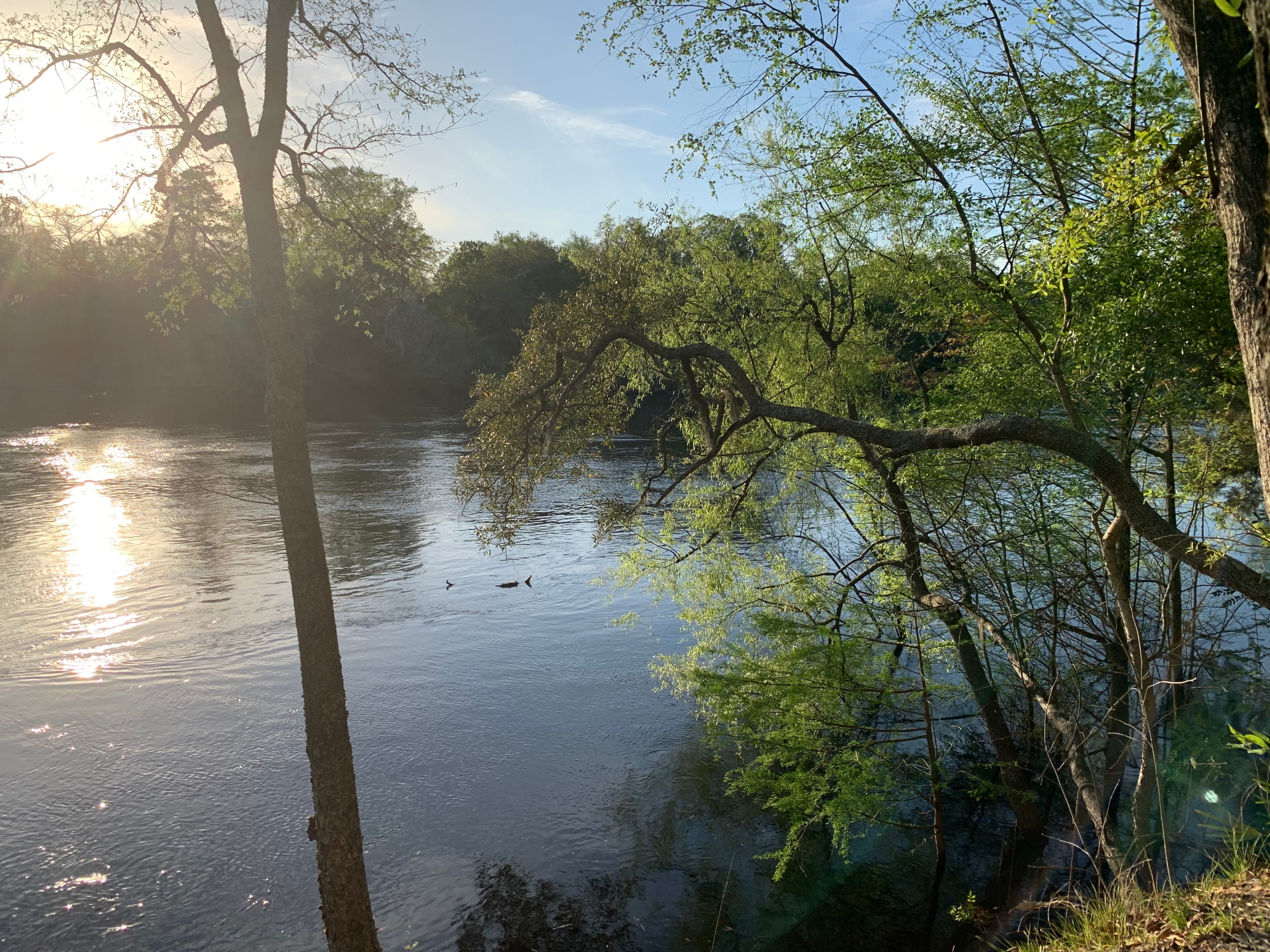For me, March 16, 2020 was the start of the pandemic. It’s when things got really real. It was a Monday and the Friday before, my company held a company-wide meeting to discuss shifting to remote work for the time being. At first, it was only going to be for a week… and then maybe a month… and then maybe until July… and now, here we are, two years later. Still in a pandemic, still working from home.
I’ll be honest with you: The pandemic hasn’t been too hard on me. There are a variety of reasons for that, all of which point to my incredible privilege:
- I was able to easily do my job from home.
- I didn’t lose my job or even worry about losing my job.
- I genuinely enjoy being alone and didn’t have trouble adjusting to a WFH lifestyle.
- Nobody close to me got seriously ill or died from Covid.
- As far as I know, I did not get Covid. If I did, it was an asymptomatic case.
- I don’t have kids, so I didn’t have to worry about remote learning or trying to work when daycares were closed.
- I was able to easily access the vaccine when it became available to me.
- I am not immunocompromised so I know the vaccines and boosters protect me pretty well.
- My mom lives close by and is not in a high-risk group, so I was able to keep her in my bubble and see her regularly. (Same goes for my brother.)
Another thing to note is that my anxiety disorder hasn’t been impacted too much by this pandemic. I don’t know why, but after the first six months of the pandemic when things felt especially dire and the medical community kept changing guidelines constantly, I entered this state of “what will be, will be.” Again, this is likely because I’m not high risk and do not have high-risk parents to worry about. I am very, very lucky in this regard. I understand my role in protecting the immunocompromised community, however, so I wore my mask even when mandates were lifted. I got vaccinated and boosted. And I tried to be as safe as possible when I was out in public (no big gatherings, quarantining when necessary, etc). I know a lot of people struggled with a fear of being in public where even a trip to Target could trigger an anxiety spiral, and that had to be so hard. With the way my anxiety can be, I am very grateful this wasn’t something I had to worry about too much.
One of the most difficult parts of the pandemic for me has been weighing decisions. At one point, everything I did felt like a moral decision. If I go to that restaurant, does that make me a bad person? If I expand my circle just a little bit, does that mean I’m not taking Covid seriously? If I attend this event, will people judge me? Is it ok to travel, or will people think I’m being selfish for being on a plane during an outbreak? Everything felt so fraught, every decision delivering a moral implication.
It’s been two years and it finally feels like there’s a light at the end of this very long tunnel. I’d like to believe we will enter an endemic phase of Covid sometime this year, but of course, that’s hard to predict. Most scientists don’t seem to think that’s coming anytime soon, especially with variants continuing to circulate. I am hopeful, though. And that’s something I didn’t have this time last year.
It’s been a hard two years for so many people. My heart aches for the people who lost loved ones to this virus, for the immunocompromised population who still feel really scared and unsure of how to protect themselves, for the kids who had their lives upended (graduations and school dances canceled, rites of passages put on hold), for the healthcare workers who took care of Covid patients at the detriment to their own health, for the frontline workers who delivered our food and supplies when we couldn’t leave our homes. I don’t know how we heal from the trauma of these past two years. The scars of the pandemic are going to live in us for a long, long time.
For me, the scars have less to do with the function of living during a pandemic and more to do with watching how people I know and love have reacted. Those who have refused to get vaccinated, citing conspiracy theories and unproven research. Those who didn’t take the pandemic seriously at all, not because they thought it was a hoax but because they just wanted to live their lives without taking into account other people. It was especially disheartening to see how churches reacted to the pandemic. Not all churches of course, and I’m not sure why I expected better from Christians (many of whom still support Trump), but adhering to CDC guidelines is not “living in fear.” Trying not to spread a deadly virus by masking and not gathering in large groups and getting vaccinated is the least we can do.
It’s been a long two years. It’s hard to remember what life was like before COVID-19. Sometimes, I think about the end of 2019 and how we kept hearing about this strange virus making its way through China. I never thought it would be something that would kill millions of people, put life on hold, and change the world as we know it. I never thought I’d live through a global pandemic. I never thought it would become normal to see people in masks as I’m grocery shopping or to meet up with friends and not be able to hug them.
I have a lot of hope that when March 2023 rolls around, we won’t still be living through the pandemic phase of this virus. Normalcy has begun to slowly return to our lives and it’s starting to feel less and less weird to walk around without a mask on, to gather in larger groups, to travel, to make plans. So, here’s to two years and to no more crazy variants to worry about and hopefully an endemic distinction from the WHO. Who knows what this next year will bring, but I’m going to hold on to my hope that things will be better than they are today.
(Of course, I wrote this whole post over the weekend, only to find out on Tuesday that a new variant similar to Omicron has caused massive lockdowns in China and is already circulating globally. So. I guess we’ll see what happens.)




This really sums it up well for me: “For me, the scars have less to do with the function of living during a pandemic and more to do with watching how people I know and love have reacted. Those who have refused to get vaccinated, citing conspiracy theories and unproven research. Those who didn’t take the pandemic seriously at all, not because they thought it was a hoax but because they just wanted to live their lives without taking into account other people.”
I actually wrote about pandemic parenting today. Being a parent during the pandemic has made it extra hard, as has being immune compromised. But the #1 thing that made the pandemic hard for me was the strained conversations I had with my immediate family. I was told I was living in fear and letting messaging from liberal media prevent me from seeing my family. But I was following the recommendations of my rheumatologist and OB – and I was trying to protect my parents. Since Paul was in daycare, I never knew if he had been exposed to covid and could potentially get my parents sick. It was so so so awful. So being pregnant during the pandemic pre-vaccines was absolutely the hardest part of the last 2 years. Having a baby didn’t end up being all that different, though, and I kind of appreciated the quiet start we had as a family of 4 without managing lots of visitors and such.
It does feel like we are coming out of the pandemic stage even though that technically is not the case. I”m back in the office 3 days/week and I think my company has handled it super well. They required vaccines and only gave exceptions to a very small # of people. They also require weekly testing, although that is done on an honor system. Every day that I come into the office, I have to use an ap to certify that I’ve tested in the last 7 years, don’t have systems or known exposures, etc etc. We took our first trip last month and felt pretty safe doing so and I’ve started to go back to restaurants for the first time in 2 years. It’s been hard to figure out what the right decisions are but it’s been helpful for me to follow Emily Oster. She’s an economist and does great job of breaking down the risk. Like right now, my risk of getting a serious case of covid is probably about equivalent to the risk of me getting the flu pre-covid. I was willing to take that risk pre-covid so it seems like it’s an ok risk now. I got my 4th covid vaccine in January, too, so am extra protected. I think I”ll probably always be eligible for a booster due to my immune compromised state, and I might be able to get a prophylactic antibody treatment when there is a great supply of those. So overall, I have hope that the worst is behind you. And we are very very lucky to not have lost any family members or friends to covid.
I can only imagine how tough it was to deal with family members who weren’t taking the pandemic seriously! There were a few times I had to decline family invites (they wanted to do a big shindig on the 4th of July 2020!), but I never felt like I was being disrespected, which really helped. It would be so hard to have to deal with those opinions! I’m glad you had Phil to lean on and support all of your decisions. But it really does make you think differently of people – I know my opinions of people have shifted from the way they handled this pandemic.
I have had it relatively easy during the pandemic, too. I’ve kept my job, we have a large enough space that we were never really tripping over one another, and we were both able to work from home for a good deal of the time. But it’s been really hard not seeing our families and the reentry has been really hard for me. I find everything so stressful and don’t know if I’ll ever be able to eat in a restaurant or shop at Target ever again. I worry that the negative impacts on my mental health will be with me forever. But, then again, maybe I just need to give myself more time.
(Also, I honestly can’t deal with the idea of yet another terrible variant and having to undo what little progress I have made.)
I’m sorry that the reentry process has been so difficult. That’s something I haven’t struggled with, and I can only imagine how difficult it must be to not feel safe in places that are supposed to be safe – and often have a lot of warm memories attached, like certain restaurants. I think it’s definitely going to take time to get used to “normal” life, though. Two years is a long time to be in a pandemic phase!
Well, we just got our first positive Covid test last night! After two years of being healthy, my son’s best friend texted him to say he was positive…and my son, who had no symptoms, tested…and he’s positive. So I guess it’s just a matter of time before all four of us get it. I’m bummed about it – it’s spring break next week, and my 20th anniversary, and my other son’s 18th birthday, and I guess we will be in isolation. Blah.
Ugh, Nicole. I’m so sorry that you all got hit with Covid! Isn’t it crazy that you guys escaped it for so long, and then it just got you? And at the worst possible timing, too! That’s so unfortunate.
This is such a thoughtful reflection of the pandemic and how it’s impacted you (or not, to some extent). I have honestly not felt quite able to write about the pandemic because everything has been overwhelming and then underwhelming and up and down and all over the place. I have been terrified and anxious and sad; I have been so sick that I couldn’t get up off the floor without feeling like I was going to pass out; I have felt superhero-level immune when I got better; I have felt devastated by the way COVID stole my fertility from me, haunted by the ambiguous loss of the end of relationships & friendships & my job & travel, of missing out on the way things used to be; and I have been, to some extent, ambivalent, over it, sick twice & frankly at some point no longer caring if it happens again. There’s just so much, you know? I will say that I, too, am hopeful that we may not be here a year from now – that maybe life is coming back. Maybe.
Thanks for this piece. Lots to think about, & it’s so interesting to read about other people’s perspectives & experiences.
I am so sorry to read about all the ways Covid took from you. I knew about your double dose of getting the virus, but didn’t know everything else and it sounds so awful and hard and sad. I feel very grateful for the limited ways it affected my life, and I don’t know why it was this way for me and so much different for others. It’s unfair. <3 I hope you're able to process the trauma of Covid in a way that feels healthy to you.
As you know, my experience was quite similar to yours. Minimal impact on my life – and the realization that working from home >>>>> working in the office. I am trying to figure out how to ask for continued online meeting options, primarily because of how difficult it is for me to go into the office and work (long story, I’ll spare you the gory details). We’ll see how that goes. Sigh.
I am envious that you live so close to your family, although I know it is my choice to live so far from mine. That was, perhaps, the most difficult thing for me – not being able to see them for a year and a half. However, my experience pales in comparison to San’s, so I really don’t have anything to complain about!
This is long and rambling but mostly to say… wow. Two years. And here we (still) are. Thanks for sharing your experience, thoughts, and insights, as always. <3
I can’t believe it’s been two years since this all started… what crazy times we’ve lived through. I appreciate hearing about your perspective and in a lot of ways, I’ve had a similar experience to yours. I have luckily not had Covid (I think) and trying to keep avoiding it and I luckily wasn’t impacted heavily in any other way (other than the doomsday trauma we’ve all been through).
The only thing that was really hard for me was that I couldn’t see my family. It really drove home the point of how far away I actually am from the people I love and that was hard.
I can only imagine how tough it has been to be so far away from family and not able to visit them for the past 2+ years! I hope that 2022 is the year you get to do so. <3